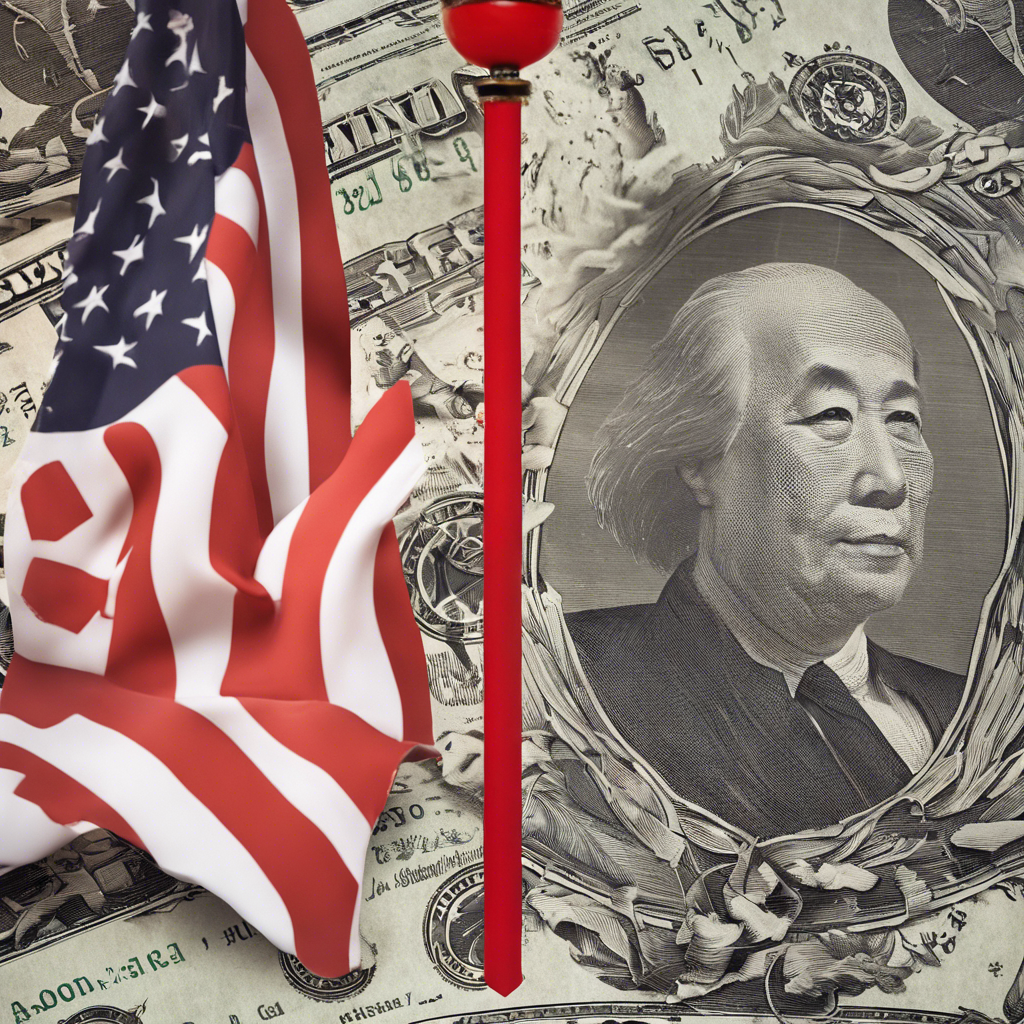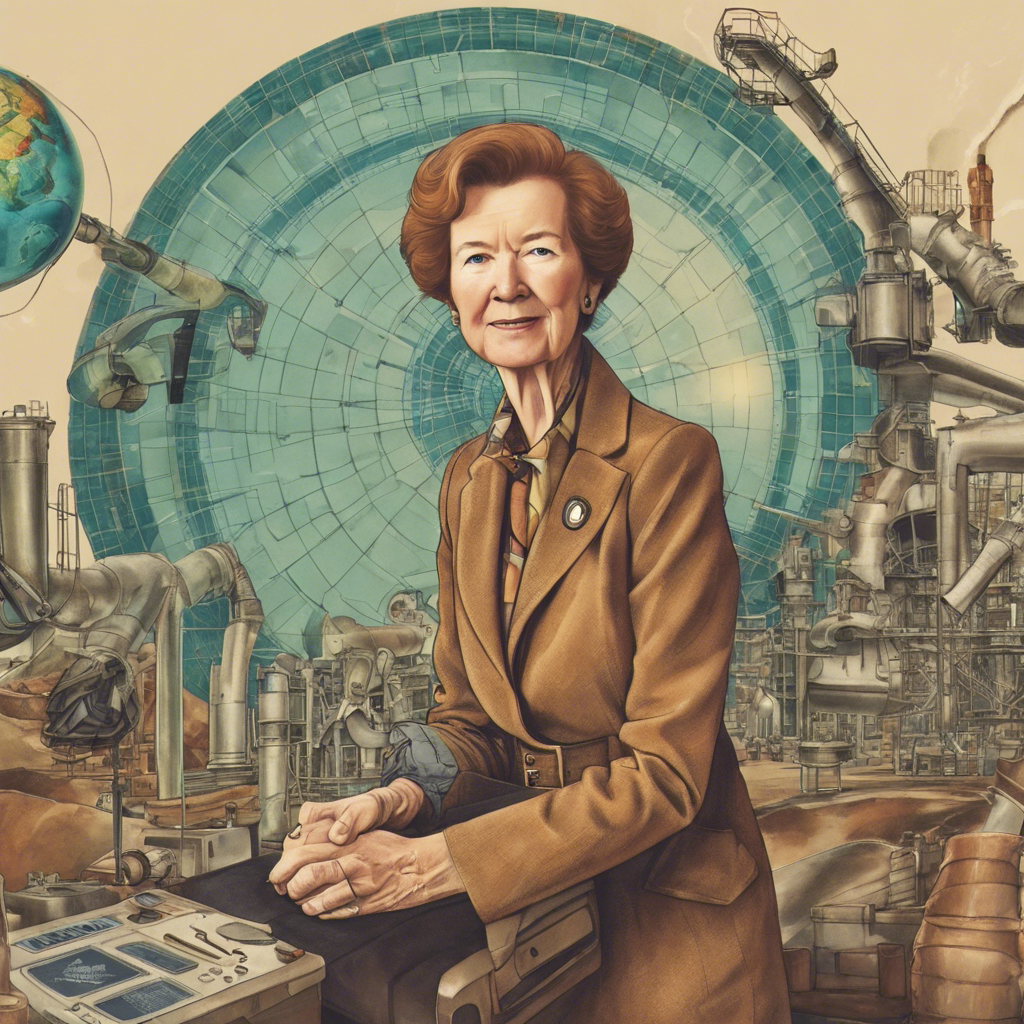US-China Rivalry: The Battle for Scientific Dominance

The competition between the United States and China extends beyond politics and economics, with scientific research emerging as a key battleground.
In the midst of political tensions and economic rivalries, a less-discussed but equally significant competition is taking place between the United States and China – the race for scientific dominance. While politicians trade insults and statistics about growth, the real battle lies in the realm of breakthrough and frontier science. China’s manufacturing prowess complements America’s scientific innovation, creating a symbiotic relationship that is shaping the future. As the two global powers vie for supremacy, the implications extend far beyond borders and have the potential to reshape the world as we know it.
The Interconnectedness of Scientific Communities
The scientific communities of the United States and China have long been intertwined, with researchers from both countries benefiting from collaboration and knowledge exchange. However, recent developments have highlighted the potential for divergence. Broad-ranging restrictions imposed by the United States on Chinese access to semiconductors have raised concerns in China, leading to a shift towards domestic production and state control. For China, science is seen as the solution to challenge US hegemony, encompassing both applied science, such as scaling up the production of renewable energy technologies, and basic science, like artificial intelligence and quantum computing.
The Role of Science in US-China Relations
The importance of scientific competition in US-China relations cannot be overstated. Chinese President Xi Jinping has emphasized the significance of science and technology as the primary drivers of growth. This focus on scientific breakthroughs is reflected in the Chinese government’s efforts to conform to global standards and benefit from international scientific collaboration. It is also evident in the appointment of prominent scientists to senior political posts, indicating the country’s aspirations for scientific leadership.
California’s Connection to China’s Future
California, often at the forefront of technological innovation and environmental initiatives, has a unique connection to China’s future. Governor Gavin Newsom’s recent visit to China highlighted the potential for collaboration in areas such as climate change and electric vehicle adoption. While issues like fentanyl production and human rights remain important, it is clear that China’s influence on California will predominantly be felt in shaping its future, rather than dwelling on its past. Both San Francisco and major Chinese cities like Shanghai and Beijing are among the top global hubs for scientific research, underscoring the interconnectedness of their scientific ecosystems.
Coexistence and Cooperation
While US-China competition in basic science, such as semiconductors, may drive the two countries apart, it also presents opportunities for collaboration. Discussions on artificial intelligence regulation and climate cooperation could bring the two nations together. The recent agreement between President Joe Biden and President Xi Jinping to renegotiate the US-China science pact offers hope for a policy of coexistence and cooperation. As the world grapples with pressing challenges like climate change, a united approach to scientific research is essential for a sustainable future.
Conclusion:
Beyond the headlines of political tensions and economic rivalries, the battle for scientific dominance between the United States and China is of utmost significance. The interconnectedness of their scientific communities and the potential for collaboration underscore the need for a cooperative approach. As scientists strive for breakthroughs and global challenges loom, adherence to the scientific method and a recognized set of rules should guide both nations. The race to the frontiers of scientific research will shape the future, and divorce is not an option.










